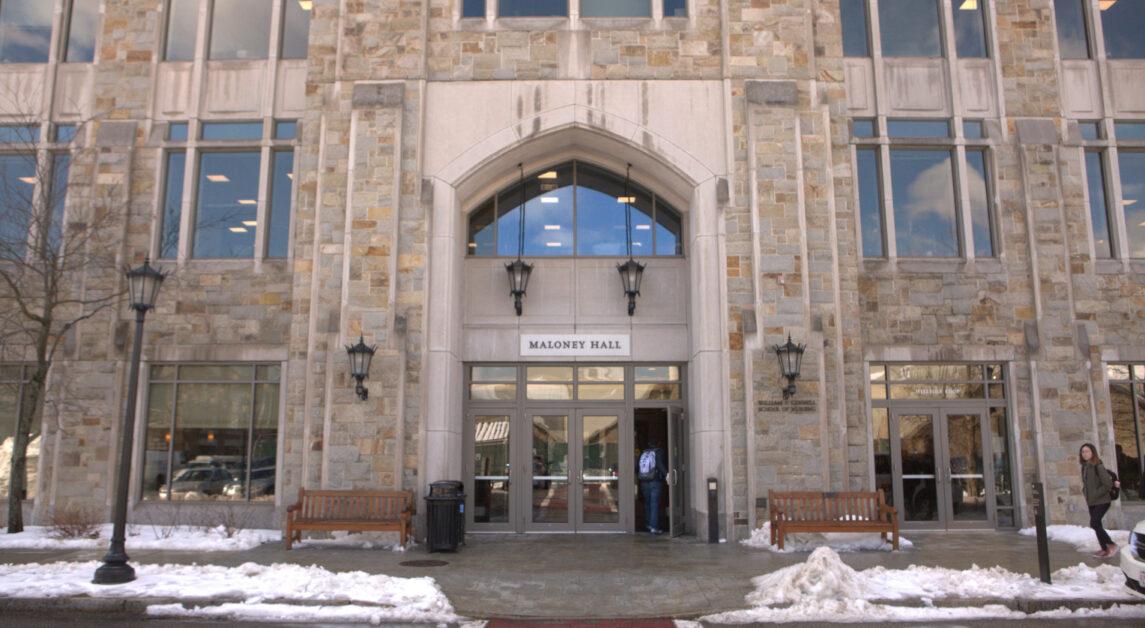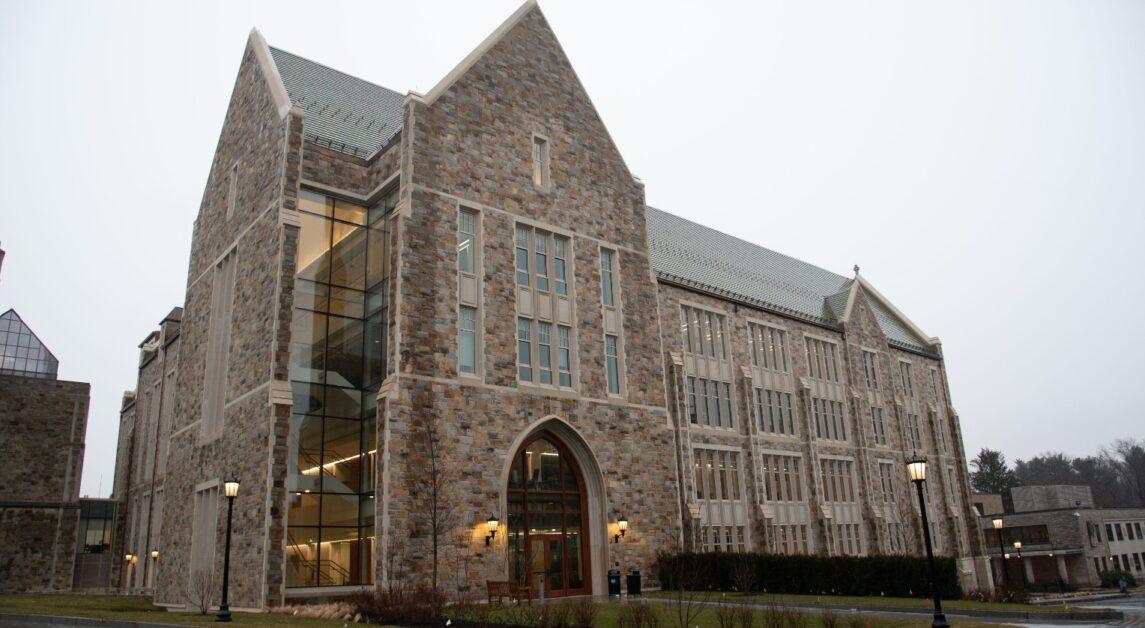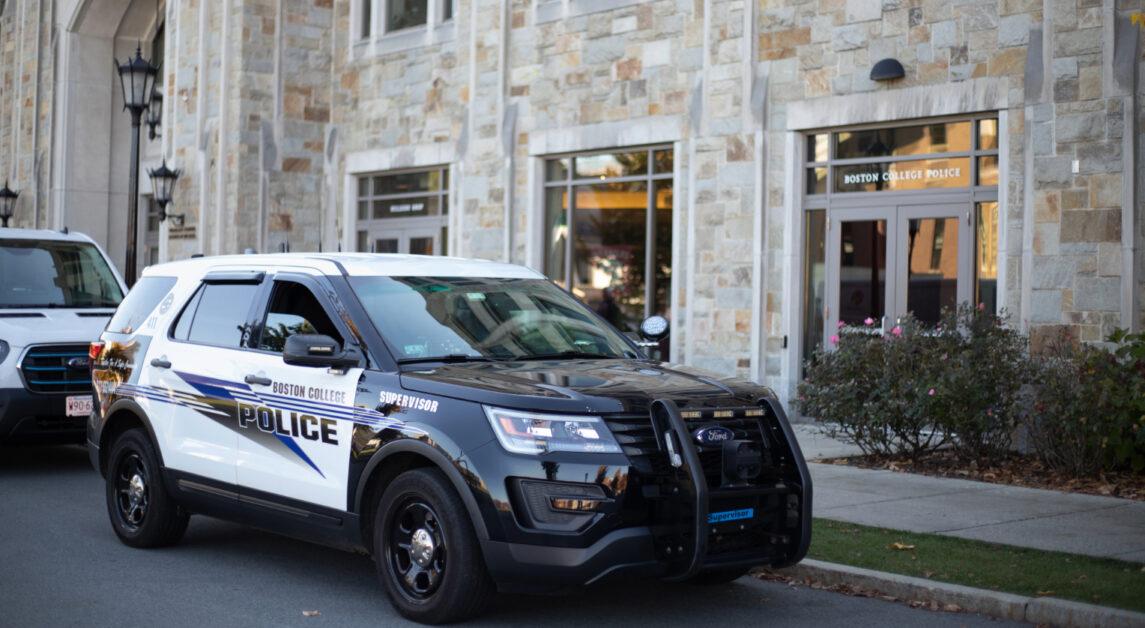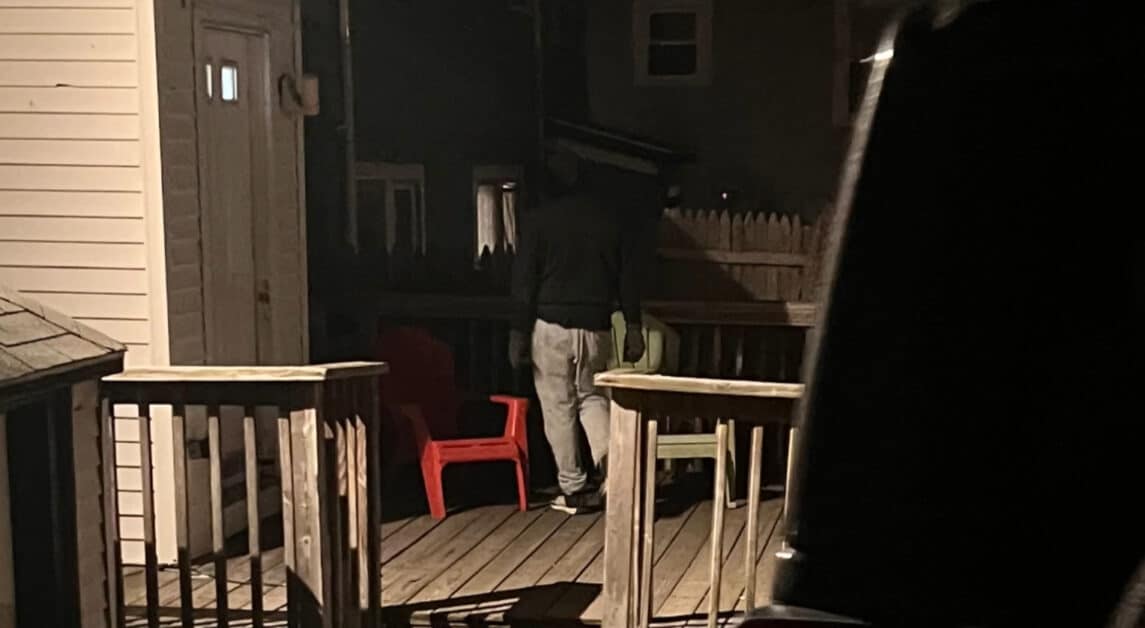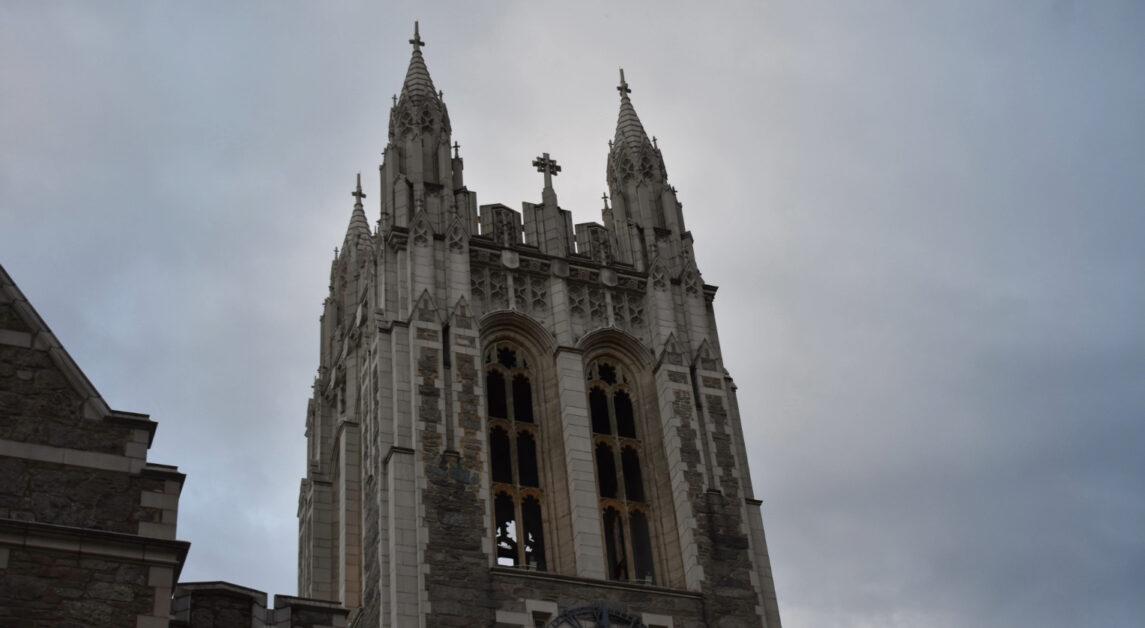The National Labor Relations Board (NLRB) proposed a rule last week that would designate graduate workers at private universities “nonemployees,” barring them from the right to unionization. The potential change reverses a 2016 decision that deemed graduate students to be employees and granted them the right to vote for collective bargaining.
The new rule details “a regulation establishing that students who perform any services for compensation, including, but not limited to, teaching or research, at a private college or university in connection with their studies are not ‘employees’ within the meaning of Section 2(3) of the [National Labor Relations Act],” according to the proposal.
This change would officially leave graduate worker unions such as the Boston College Graduate Employees Union (BCGEU-UAW) without any legal recourse—a fear that led graduate workers at BC to drop their petition to the NLRB two years ago.
The NLRB is an independent federal agency with power to enforce labor laws, investigate unfair labor practices, and supervise elections for unionization and collective bargaining rights. The National Labor Relations Act, which established the body, only applies to the private sector, so the proposed change will not affect public universities.
“The Board believes that this proposed standard is consistent with the purposes and policies of the Act, which contemplates jurisdiction over economic relationships, not those that are primarily educational in nature,” the proposal said.
If the new rule passes a final vote, it will not void any of the pre-existing agreements nor will it prevent a private university from entering into an agreement voluntarily with a student union in the future.
“What’s important to note is that the NLRB doesn’t validate or invalidate our union—strong unions existed before the National Labor Relations Act was passed, and our movement has come too far to turn back now,” BCGEU-UAW said in an email to The Heights. “Here at Boston College, our majority support is larger than ever. Over 500 BC graduate workers have signed on to an open letter to the administration calling on them to respect our majority vote and bargain with us for a fair union contract.”
The NLRB said in the 2016 Columbia ruling that the National Labor Relations Act covers graduate student workers at private colleges and universities. That ruling reversed a 2004 decision, which itself had been a reversal of a 2000 decision allowing graduate workers to vote to unionize.
Following the Columbia ruling, an NLRB official ruled in 2017 that BC graduate students could vote to hold an election on establishing collective bargaining rights. They voted in favor of unionization, 270-244, several months later. The University had appealed the ruling prior to the vote and the newly-formed union, worried about an unfavorable ruling, withdrew its petition.
The University has long maintained that graduate student unionization would undermine the academic relationship between graduate workers and faculty by imposing an employer-employee dynamic.
The NLRB is made up of two components: the General Counsel, which investigates and prosecutes cases of unfair labor practices and operates separately from the board, and a five-person board that acts as a quasi-judicial body, hearing cases and handing down rulings.
The General Counsel is appointed by the President of the United States to a four-year term, while board members are appointed to staggered five-year terms.
Currently, President Donald Trump has filled three seats, including the chairman, John Ring. One seat, filled by former President Barack Obama, is set to expire in December 2019. There is one empty seat.
Since the withdrawal of the petition, the University has refused to voluntarily bargain with the group. In a letter released shortly after the withdrawal, Vice President for Human Resources David Trainor said that, without a legally recognized bargaining agent, there was no legal challenge to the University’s position.
Featured Image by Jack Miller / Heights Editor














